Search Engine Marketing
Search engines are modern-day phonebooks and encyclopedias, accessible to billions of people at any time with the click of a button. If you’re not being strategic about how you leverage this, you’re living in the past.

Ecommerce Schema: What It Is and Why Your Website Needs It
We recently wrote about featured snippets, but you want every opportunity to get in front … Read More
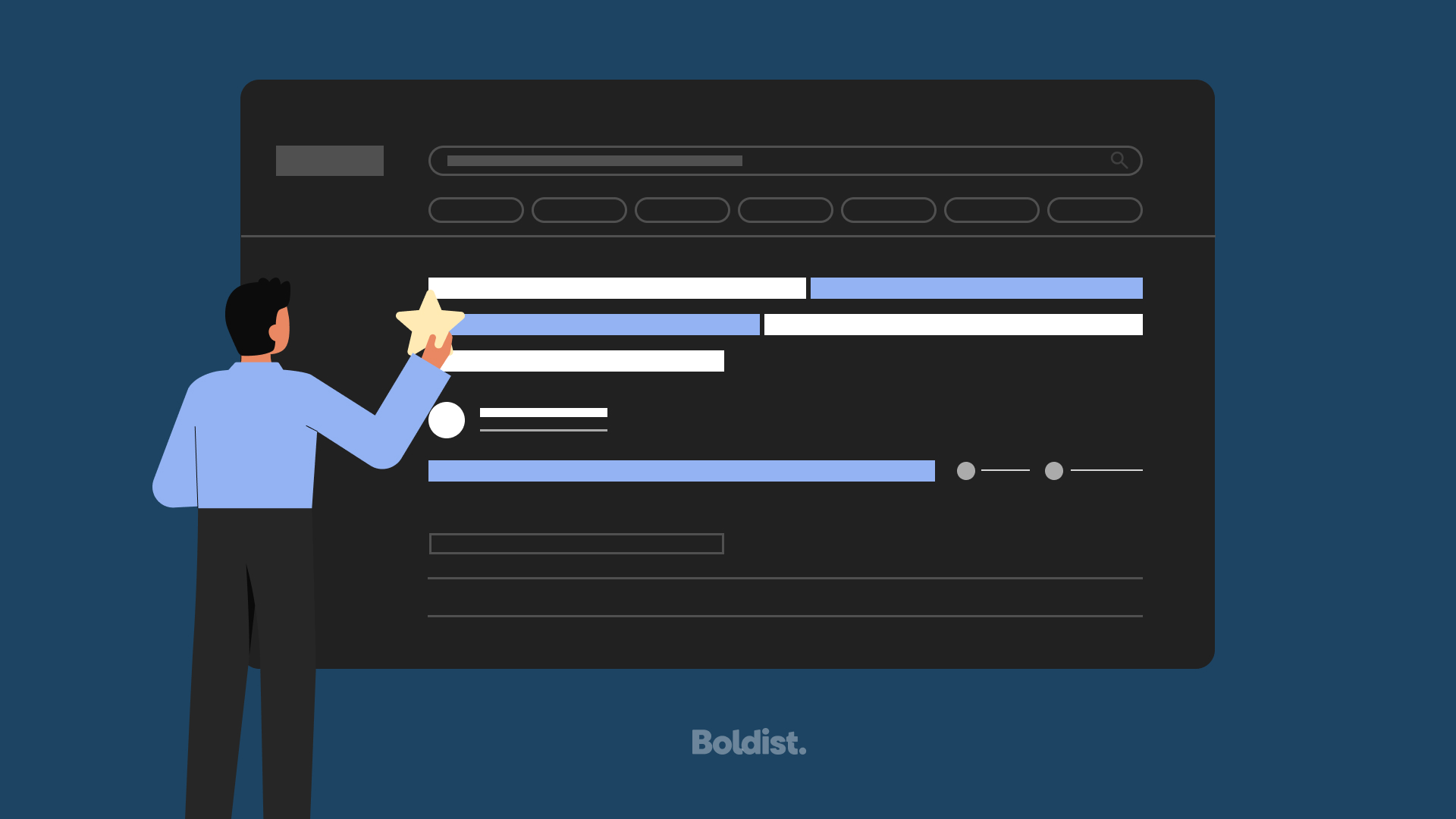
How to Rank for Google’s Featured Snippets: A Complete Guide
Google’s featured snippet is a deceptively simple element of the search engine results page (SERP). … Read More

Do Ecommerce Websites Need a Blog?
In the spirit of a fast-paced internet, the quick answer is, yes, your ecommerce website … Read More
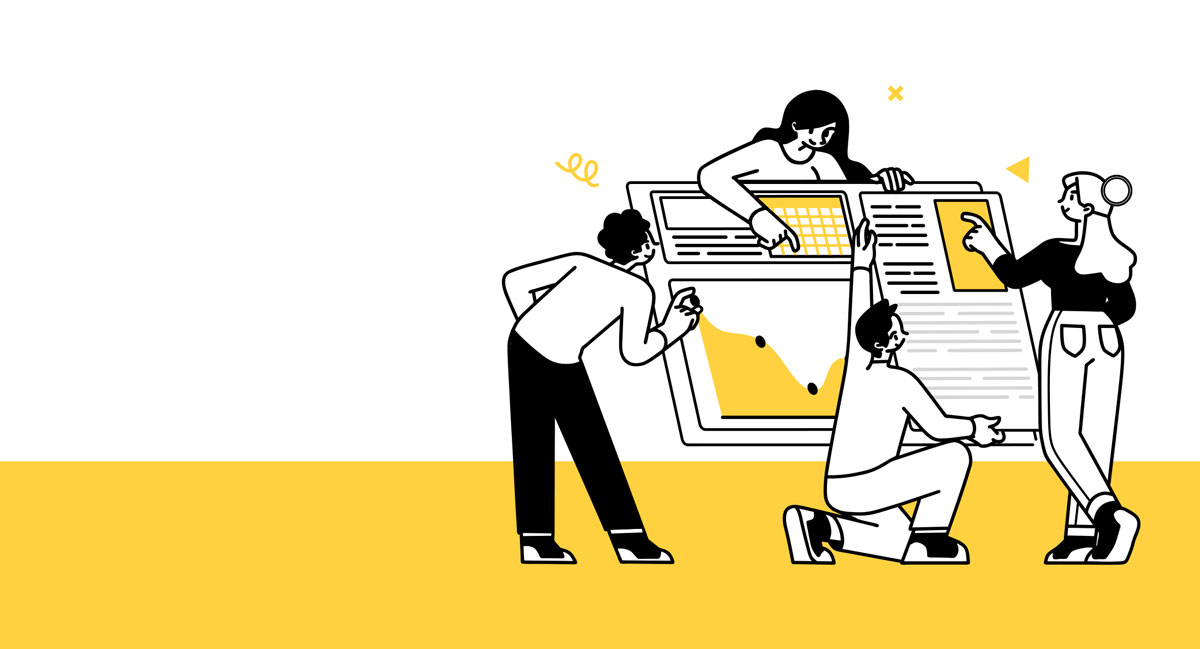
25 PPC Landing Page Best Practices for Ecommerce
PPC snags a decent percentage of the average ecommerce marketing budget because it’s great at … Read More

How to Use Keywords in URLs for SEO
When it comes to getting an ecommerce site to rank higher in search engine results, … Read More
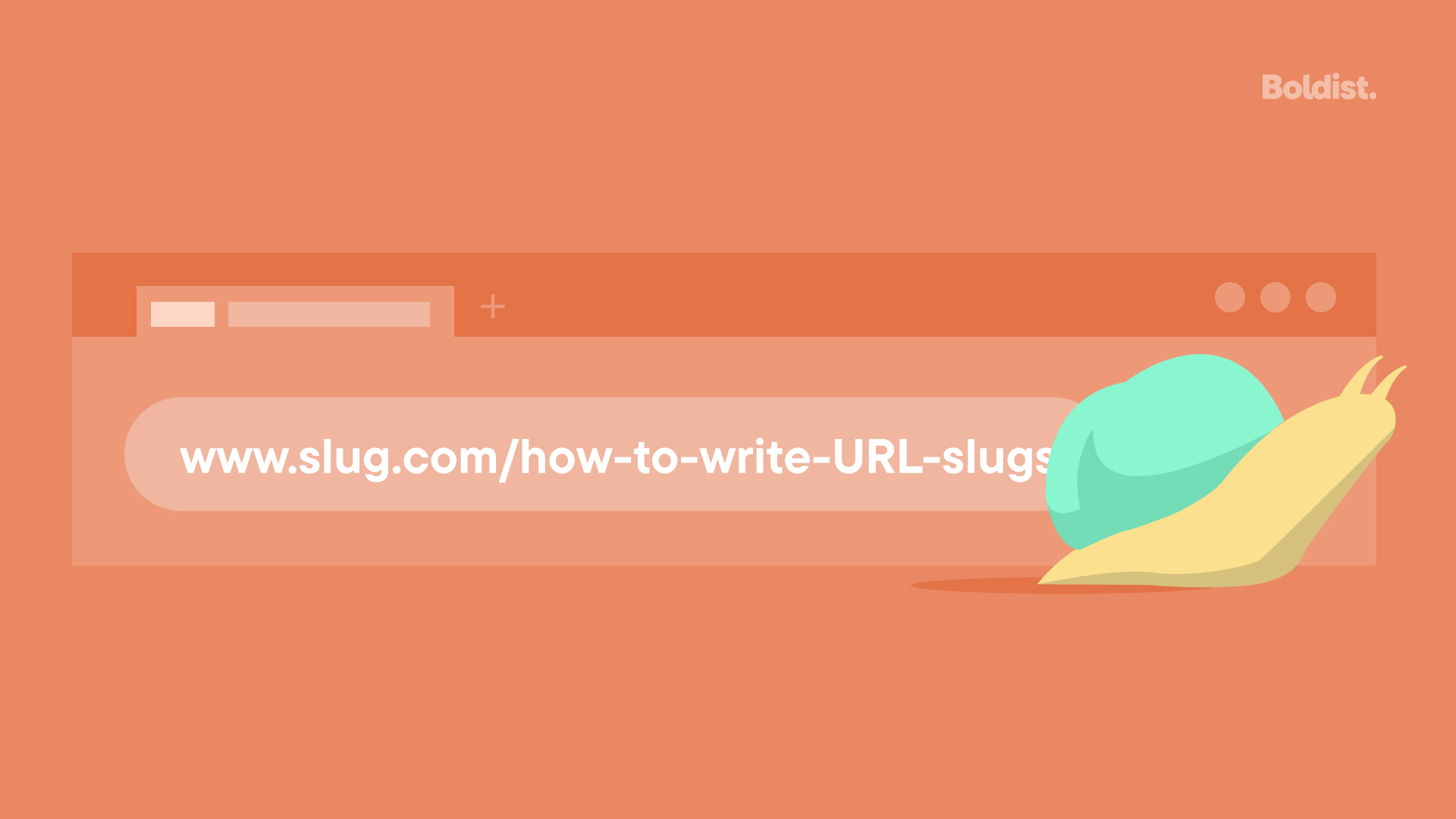
How to Write URL Slugs for Your Website
So, you started a blog with quality content, implemented some keywords, set up your socials, … Read More
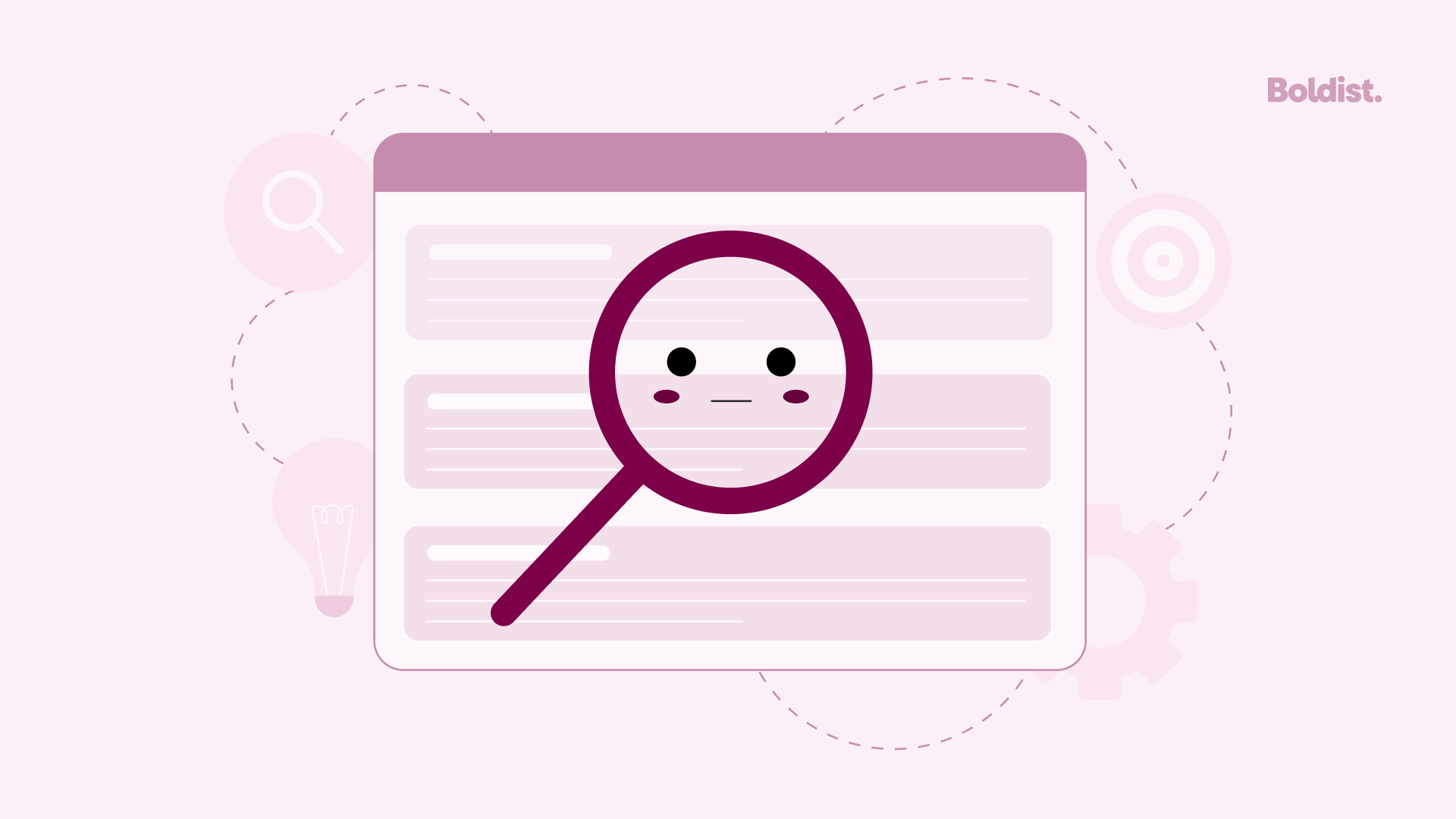
7 Reasons Why Your Website Doesn’t Show Up On Search
Your business needs to be on Google. Although there are other search engines out there, … Read More

Best Practices for Keeping Your Website Content Fresh
Every good marketer and their grandma knows that it’s important to post consistently. From blogs … Read More
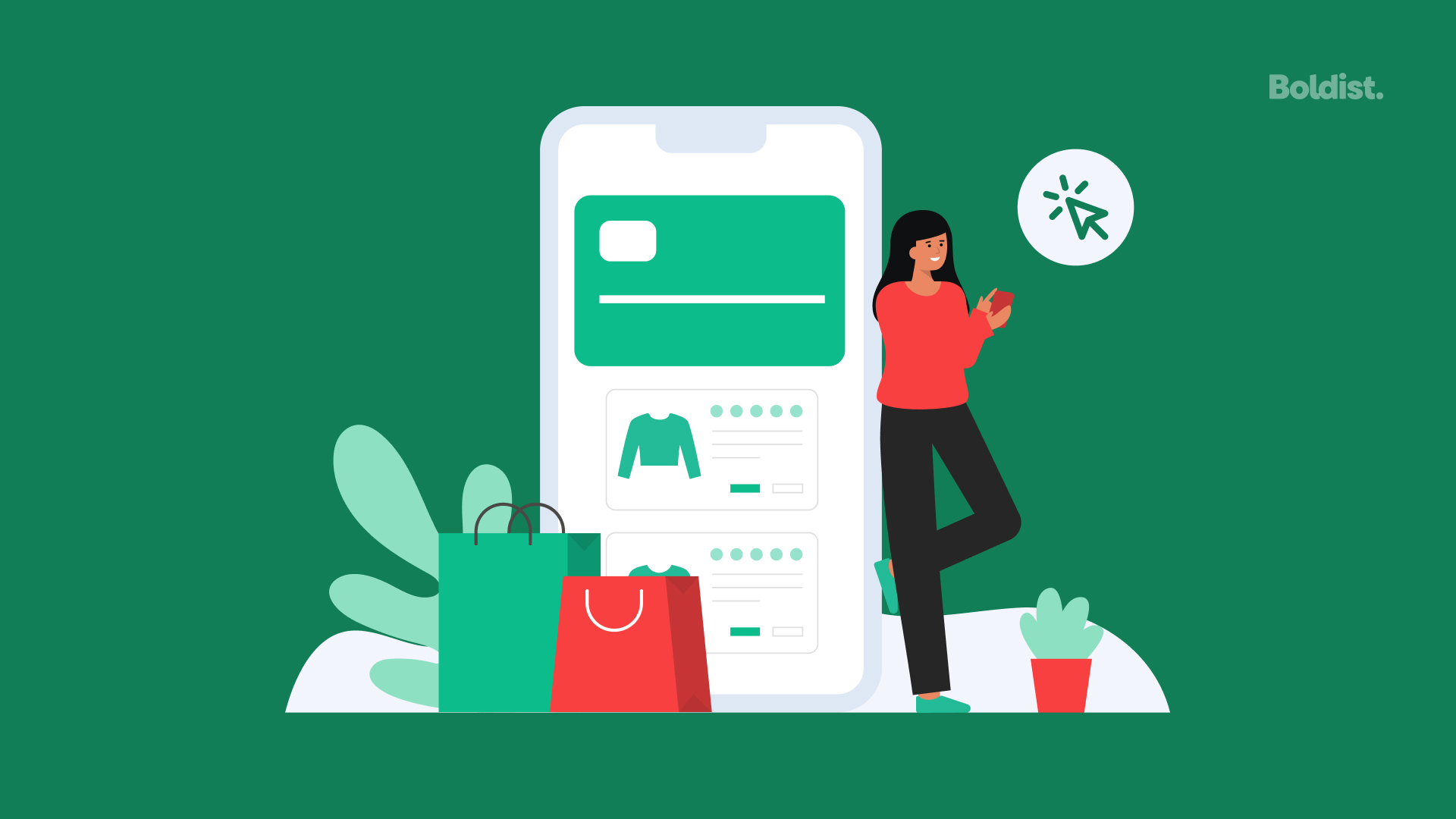
How to Run Effective PPC Campaigns for Holiday Shoppers
2020 was a lot of things, but it was also the year of the great … Read More
